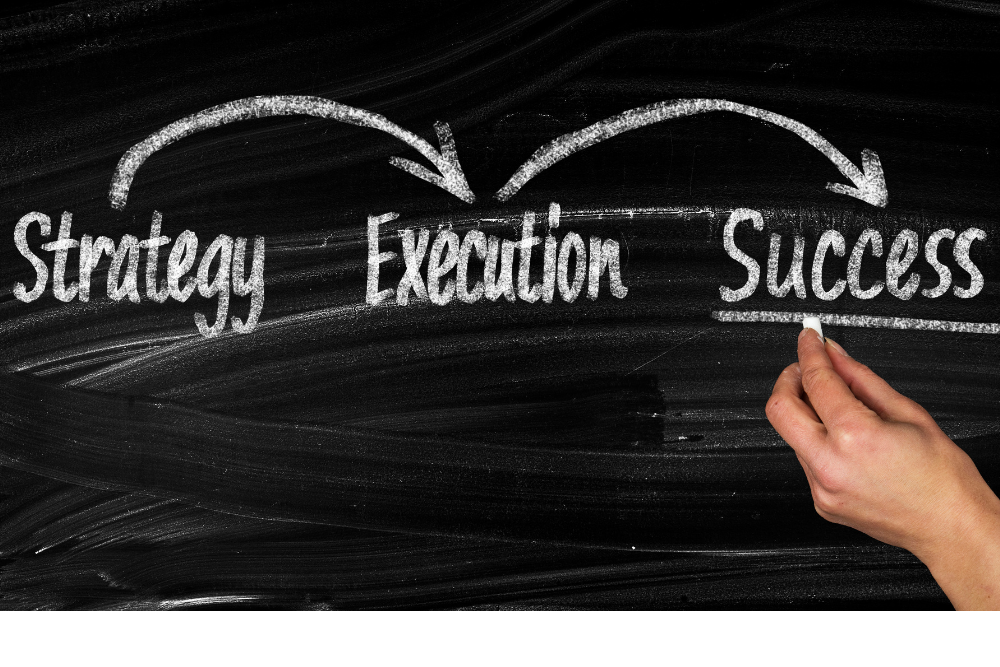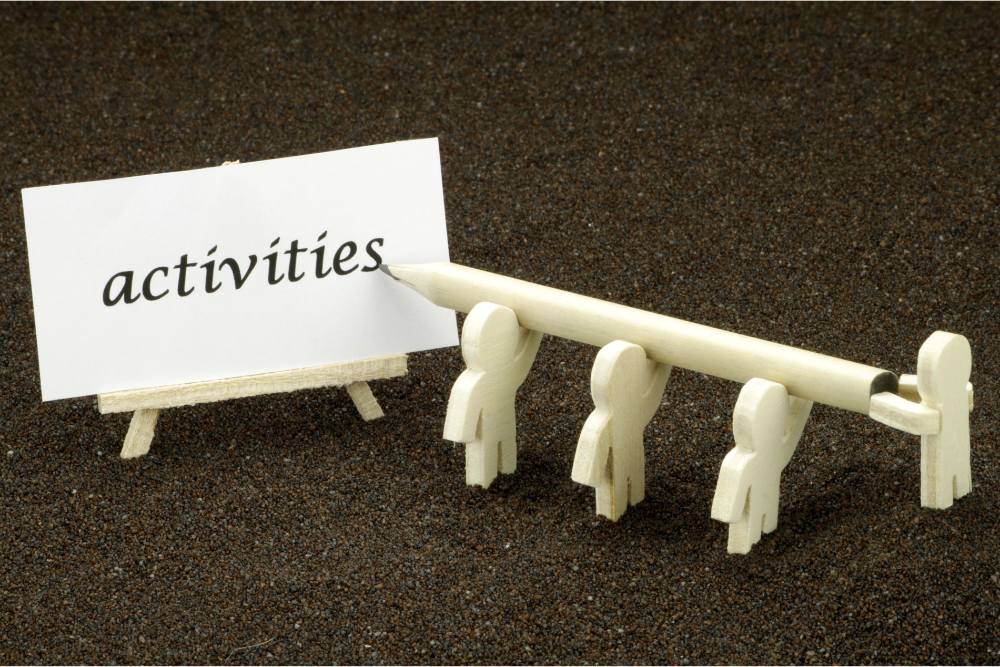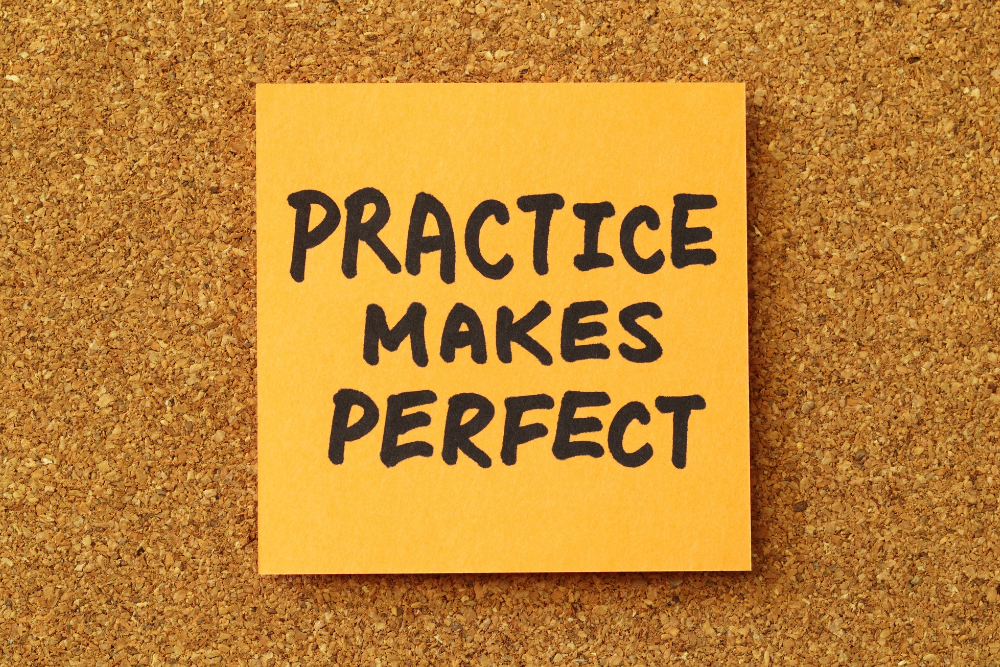Men of genius themselves were great only by bringing all their power to bear on the point on which they had decided to show their full measure.
(Antonin-Dalmace Sertillanges in ‘The Intellectual Life’)
In order to succeed in professions that require cognitive work
or involve interacting with intelligent machines, you have to be able to perform at your absolute best, which requires an ability to concentrate. The ability to concentrate intensely is a skill that must be trained. It is one of the most important tools in the occupations that demand cognitive work. Building concentration begins from mindfulness that means an ability to focus without distraction, without forgetfulness, and with continuity of awareness. Once you cultivate mindfulness, concentration is the next step above it. Concentration is like a diamond, a brilliant focusing of our energy, intelligence, and sensitivity.
Almost all influential people known for their cerebral prowess, who we can think of, possessed powers of deep concentration. However, this is an ability that is developed meticulously over a long period of time, as you cannot instantly metamorphose your concentration from scrambled to single-minded. It is important to reiterate this while, in the midst of an onslaught of digital distractions, we are generally losing our ability to concentrate. This condition of rambling awareness is not only adversative to extended periods of uninterrupted contemplating but it also permanently weakens our capacity to concentrate.
Hence, more than ever before, concentration is a skill that needs to be mastered. More than ever before, not merely because distraction is more ubiquitous than ever but also because an increasingly high proportion of modern economy workers are cognitive workers. Their foremost challenge is to organize their day around lengthy periods of carefully focused and uninterrupted concentration, interspersed with short spurts of frivolous pursuits like Facebook, WhatsApp, Twitter, routine emails etc. Also, the advances in communication and collaboration technology mean that high-skilled workers can be employed to work remotely at the expense of the local talent. The quality of concentration that you bring to the kind of work that determines your performance in your profession is what distinguishes you from your peers. Among the competition of similar levels of intelligence and skills, the workers with the ability to fully concentrate without distraction for long periods on high value tasks are the ones who outperform others.
To pre-empt questions like the one I was asked recently while speaking on this topic at a seminar, politics is perhaps one of the few important professions remaining where, as shown by Donald Trump, people can thrive without showing a capacity for deep concentration. However, this does not deprecate the general value of being able to concentrate deeply. Politicians are different because the demands of their profession are different and the lifestyle of politicians is notably and compulsorily distracted. They are expected to handle and act on the inputs –messages, questions, meetings etc.- they are presented all through the day. That’s why much of their value comes from the quality of their aides who are charged to research, think deeply, and come up with views and solutions about the issues confronting their leader. Hence, we cannot extrapolate the approach of politicians to most other cognitive professions.
While the connectivity afforded by modern technology has its advantages, it also makes it easier to confuse being busy with being productive. During my corporate career, I noticed that a large proportion of employees spent too much time on moving around information, mainly through the use of email, instead of concentrating on the specialized jobs they were hired to do. This breeds a culture in which distracting behaviours such as immediate email responses and an active social media presence are extolled. It is difficult to calculate the cost to an organization of this apparently innocuous distraction. In the knowledge work it is hard to establish the worth of an individual’s efforts. That’s why the executives get away with awarding themselves disproportionately high benefits.
Contrived relaxation may be a much touted state of being but it is the effortless deep concentration that creates the state of flow in which we are the happiest. As the famous psychologist Mihaly Csikszentmihalyi concluded after his ground breaking work, that he called experience sampling method (ESM), which provides extraordinary understanding of how we actually feel caught in the rhythms of our everyday lives: “The best moments usually occur when a person’s body or mind is stretched to its limits in a voluntary effort to accomplish something difficult and worthwhile.” Csikszentmihalyi termed this state as ‘flow’, popularized by his 1990 book of the same title. The results of his ESM studies reveal that “jobs are actually easier to enjoy than free time.” ESM studies confirmed that more the frequency of flow experiences in person’s routine life, the higher the person’s life satisfaction. However, the content of what we focus on in our flow state matters immensely to determine our productivity. Flow generates happiness whereas the content of flow is what makes life worthwhile. Nothing perpetuates your happiness more than building your working life around the experience of flow shaped by the power of concentration.
Our workplace and its culture should be designed to allow the concentration needed to hone our skills and to apply them at an elite level, thus helping us extract as much value as possible from our brains. The good thing is that the intensity and quality of concentration can be improved with deliberate practice. Whether you are a banker, a columnist, an architect, or an accountant: your work requires skills and imagination and if you sharpen your concentration and apply it with sense and care, you can create meaning in the daily work of your professional life. Here are some practices that can over time hone your ability to concentrate on cognitively demanding tasks.
Find the Routine that Works for You

Elite cognitive workers develop the routines that work best for them. Some prioritize cognitive work by subordinating all other types of work to it. Some employ a regular schedule, doing cognitive work for the same hours every day, which they feel suit them best. Different strategies are better suited for different professions. For example, the first approach will work well for a scientist or an inventor but if a banker keeps rejecting all shallow work, she will lose her job. You need your own approach to embedding periods of unbroken concentration for cognitive work in your professional life.
Be Well Organized

While they may look disorganized in ordinary life, those who create valuable cognitive output are rarely chaotic in their work habits. As the New York Times columnist David Brooks says: “Great creative minds think like artists but work like accountants.” The right way to organize your profound pursuit, however, is driven by your personality and the type of your work. Some of the things that can help you provide your mind with the structure and commitment to transition into a state of deep focus are:
• Specify a setting where you will work with uninterrupted concentration, for example your office with the door shut and desk cleaned off.
• Allocate a specific timeframe, at least a minimum period that brooks no interruption.
• Establish output requirements to ensure productivity.
Retreat to a Novel Environment
Sometimes it helps to take breaks to work profoundly away from your normal work environment. Most elite cognitive workers, from writers like J.K. Rowling to corporate executives like Bill Gates, are known to take time away from normal work and family obligations to retreat to a recess where they can think deeply without distractions. There is nothing stopping these people from concentrating deeply in their usual workplace but the novelty of their retreat helps them achieve higher levels of concentration.
Execution is Invaluable

Keeping a specific goal, with tangible professional benefits, in mind feeds enthusiasm. In a New York Times column titled “The Art of Focus,” David Brooks explains how ambitious goals can propel focused performance: “If you want to win the war for attention, don’t try to say ‘no’ to the trivial distractions you find on the information smorgasbord; try to say ‘yes’ to the subject that arouses a terrifying longing, and let the terrifying longing crowd out everything.”
Once you have identified a highly important goal that powers lead measures, keep a forceful scorecard to gauge progress and to underpin inspiration.
Be Suspicious of Frenetic Activity

Frenetic activity is more often associated with shallow tasks rather than deep concentration that produces things the world honours. Periods of idleness are highly conducive to our ability to produce valuable output. Attention Restoration Theory (ART) claims that downtime allows your power of concentration to replenish. ART was first proposed by Michigan psychologists Rachel Kaplan and Stephen Kaplan in the 1980s. ART terms ‘direct attention’ as the basic ingredient for the ability to concentrate. This resource is finite, is exhausted with use, and must be replenished. Decades of work from many diverse subfields within psychology confirms that regularly resting your brain improves the quality of your concentration. If you are a knowledge worker, your real value is driven more by the quality and import of your output than by your average email response time.
Practise at Every Opportunity

Use daily activities to train your mind. For example, walk mindfully, listen to music mindfully. Simple things like brushing your teeth, walking to your office, or mindfully tasting and chewing the first three mouthfuls of food at each meal can become opportunities to strengthen your mindfulness and to build your concentration. The conversations and interactions you have with people throughout the day can become opportunities to practice deep listening and mindful speaking. Keep your mind wholeheartedly on what you are doing. When it wanders –as it surely will- simply bring it back to what you are doing, and without self-criticism or lecturing yourself, return. Be patient, don’t get discouraged, and cultivate mindfulness with vigilance. The continuity of your attention will grow as you learn to focus without distraction. Then inculcate discipline to bunch demanding but important intellectual work into extended spells of undiluted focus. By intensifying your concentration when you work, you can maximize the quality and output per unit of time of your work.
Endeavours to deepen your concentration will suffer if you don’t concurrently free your mind from a compulsion for distractions. If you have an overpowering impulse to fill every potentially free moment with a peep into your smartphone, then your brain is not ready for deep concentration even if you regularly schedule time to practise it. Once your brain is wired for distraction, it craves it. It needs to be rewired to resist distracting spurs. Without that the practice for concentration will not help, it will be somewhat like eating healthy one day a week and expecting to lose weight while still feasting on the other six days. It’s not about completely getting rid of the distracting stimuli, it’s about eliminating the ability of such stimuli to hijack your attention.
Only when we have nourished a capacity for deep concentration can we go about minimizing the share of trivia in our work schedule and free up time for efforts of real meaning and importance. This optimizing allows us to produce more than the default setting of a typical crowded schedule. With perseverance you develop a mind-set that views any activity beyond your deepest efforts as questionable and possibly disruptive. Your desire to concentrate on what matters then passes these hurdles with a ruthless efficiency. Once you are able to bypass distractions to employ your mind to its fullest ability to produce output that matters, you shall lead a life filled with effectiveness and meaning.







